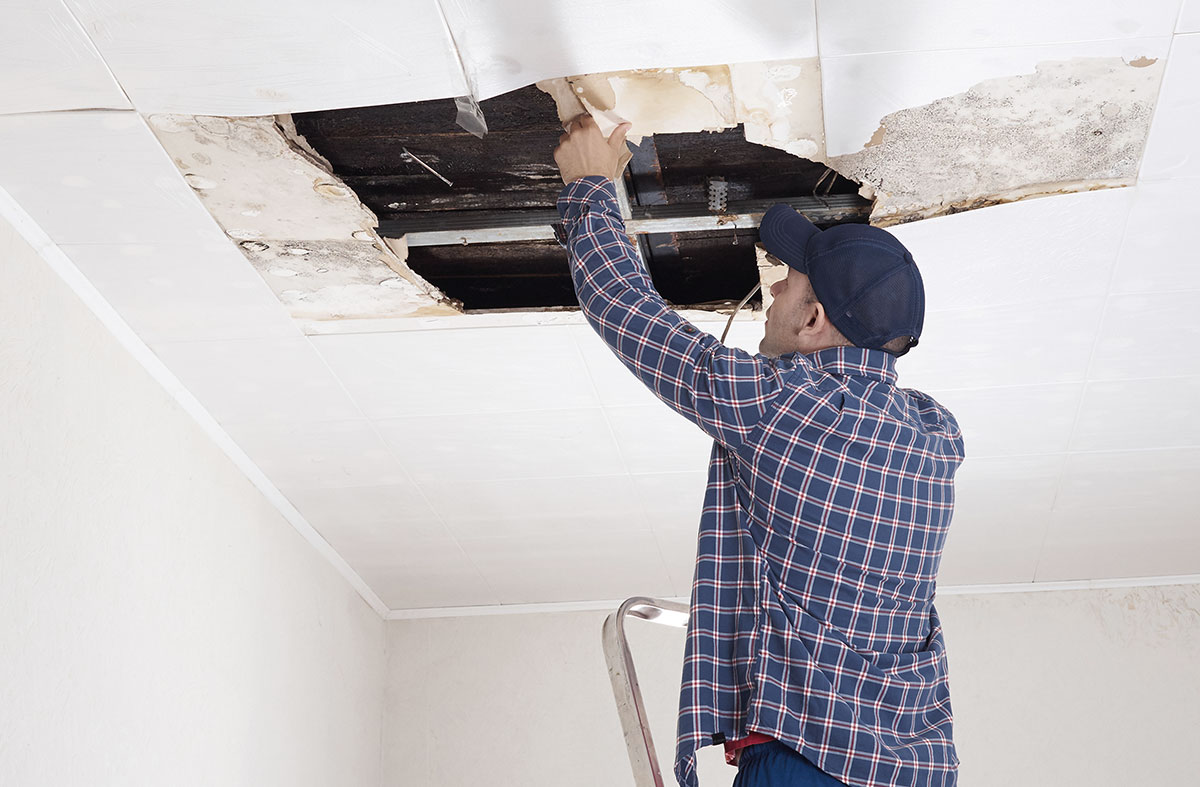Water damage can vary in severity, from minor leaks to severe flooding. It’s important to understand the potential causes, including leaks, plumbing issues, appliance malfunctions, and natural disasters. The longer the water remains, the higher the risk of mold growth and structural damage. By https://flood24seven.com/, could you clean it up?
Assessing the Extent of the Damage
Before jumping into cleanup by https://flood24seven.com/, assess the extent of the damage. Is the water clean or contaminated? Is it limited to a specific area or widespread? This assessment will help you determine the appropriate cleanup strategy.
Safety First: Precautions during Cleanup
Your safety is paramount. Turn off electrical power to the affected area, wear protective gear, and ensure proper ventilation. Be cautious of slip hazards and potential contaminants.
Gathering the Necessary Tools and Materials
Having the right tools is essential. Gather items like buckets, mops, wet/dry vacuums, fans, dehumidifiers, cleaning agents, and protective equipment.
Extracting Standing Water
The first step is removing standing water. Use pumps, wet vacuums, or buckets and towels. Ensure thorough water removal to prevent further damage.
Drying Out the Affected Areas
Utilize fans and dehumidifiers to accelerate the drying process. Proper ventilation is crucial in preventing mold growth.
Preventing Mold and Mildew Growth
Mold can start growing within 24-48 hours. Use dehumidifiers, clean and disinfect affected areas, and discard irreparably damaged items.
Cleaning and Disinfecting Surfaces
Thoroughly clean and disinfect all surfaces, including walls, floors, and furniture. This helps eliminate bacteria and prevent odors.
Restoring Damaged Belongings
Evaluate your belongings – some might be salvageable with proper cleaning and drying. Seek professional advice for valuable or sentimental items.

Repairing Structural Damage
Address structural issues like weakened walls or floors. Consult professionals for major repairs to ensure your space is safe and stable.
Seeking Professional Help
For extensive damage, consult water damage restoration experts. They have the expertise and equipment to handle complex cleanup and repairs.
Preventing Future Water Damage
Take preventive measures such as regular maintenance, fixing leaks promptly, installing sump pumps, and keeping gutters clean.
Insurance Claims and Documentation
Document the damage thoroughly for insurance purposes. Take photos, keep receipts, and communicate promptly with your insurance provider.
The Emotional Toll of Water Damage
Acknowledge the emotional impact of water damage. Reach out to friends, family, or professionals for support during recovery.
Water damage can be overwhelming, but you can successfully revive your space with the right knowledge and actions. Act swiftly, prioritize safety, and consider seeking professional help when needed. Remember, preventing future damage is as important as the cleanup itself.


